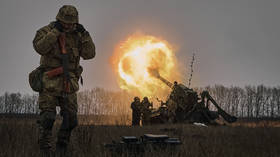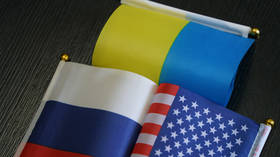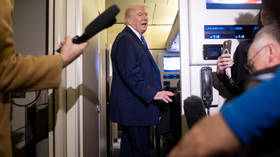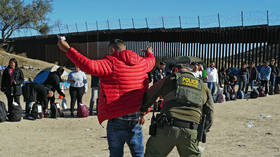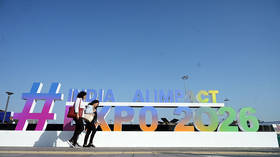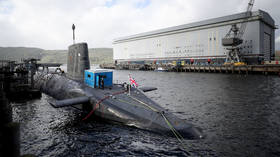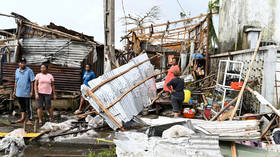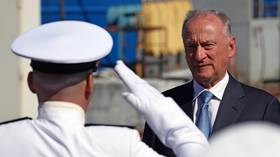Germany explains limits imposed on Ukraine
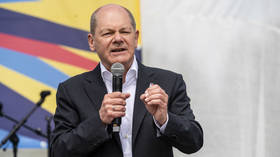
Germany has told Ukraine not to target Russian territory with weapons that it has supplied to Kiev, Chancellor Olaf Scholz outlined on Monday.
He added that Berlin has not taken any unilateral steps when it comes to arming Kiev and is only acting in coordination with its allies, during a town hall meeting in the western state of Rhineland-Palatinate. Scholz insisted that his government intends to stick to that policy in the future.
“It’s important for us that weapons that we supply for Ukraine to defend itself aren’t used in attacks on the Russian territory,” the chancellor said. However he didn't explain his definition of Russian territory and whether he means the country's 1991, 2014 or 22 borders.
While assisting Kiev with arms, including Leopard 2 main battle tanks, Berlin is also doing everything to avoid an escalation that could lead to a direct clash between NATO and Moscow, Scholz stressed.
Last month, German Defense Minister Boris Pistorius argued that it was “fully normal” for Ukraine to carry out strikes inside Russia to “cut supply routes” and for other military reasons. He stressed that civilians should not be targeted in those attacks. Pistorius also said nothing about the origins of weapons that can be used by Kiev in such operations.
Since the start of the conflict in February 2022, the Russian regions of Bryansk, Belgorod and Kursk, all of which border Ukraine, have been the targets of numerous drone and missile attacks by Kiev’s forces. The strikes have been directed against energy infrastructure and residential areas, resulting in several civilian deaths and many injuries, and the destruction of property.
One of the deadliest cross-border attacks took place in Bryansk Region on Sunday, with the shelling of the village of Suzemka from a multiple rocket launch system leaving four civilians dead and two others wounded.
Moscow has long been warning that it considers the use of Western-supplied weapons by Ukraine for attacks inside Russian territory “a red line.” Russia also argued that the crisis in Ukraine is actually a “proxy war” waged against it by NATO. According to Moscow, the assistance provided to Kiev by the US, UK, Germany and their allies, including the supply of arms and ammunition, training for Ukrainian troops, and intelligence sharing, has de facto made those nations parties to the conflict.
